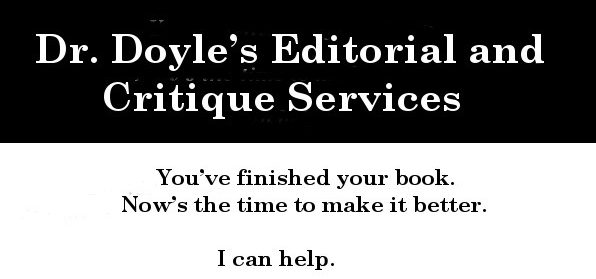The other day, for reasons having more to do with a desire to get out of town than anything else, I found myself watching Bad Moms at the Rialto Theatre in Lancaster, New Hampshire. And I am here to tell you that this is a movie that is far better than it needed to be. (My expectations going in were low, mostly because it was billed as coming from the team that gave us the – in my opinion – entirely unnecessary bro-comedy The Hangover.)
The second screen at the Rialto used to be the storefront next door, until the theatre acquired it and retrofitted it with a screen and modern theatre seating for about 45 people – a much smaller venue than the main theatre (which has old-school seats that date from the Fifties, or possibly even the Thirties, and also has the largest screen north of Franconia Notch), but a cozy one. When I was there, the house was sold out, and the theatre operator said afterward that it had been selling out every night.
Counting my husband/co-author, I think there were three male persons in the audience. The rest of us were female, with all age ranges represented (somewhere, the Triple Goddess must have been laughing with delight), arriving not just as singletons, but in whole gaggles.
And make no mistake – we, and not the guys, were the film’s target audience.
If most movie critics are dissing this movie . . . well, I think it’s pretty fair to say that they are not this film’s target audience. After all, it doesn’t serve any of their usual purposes: There’s none of the explosions-and-excitement of an action flick; it doesn’t get you seriousness-and-sensitivity points like the cinematic equivalent of a literary novel; and it’s definitely not most guys’ idea of a date movie.
Bad Moms is, in fact, the distaff equivalent of a bro-flick (sis-flick? maybe.) If the narrative arc of your typical bro-flick involves one last wild irresponsible fling before settling down into respectable-but-boring adulthood, the narrative arc of a sis-flick would appear to feature a breakout from respectable adulthood into a wild irresponsible fling.
(This trope is older than you’d think. In the 1700s, the lord’s wife ran off with the raggle-taggle gypsies,O, and if in some of the earliest versions she and the gypsies all met a bad end, it wasn’t long before the story took on a more cheerful configuration.)
What makes Bad Moms more than just a funny movie, though, is the hard truth at its core: The modern world does its best to set moms up to fail. It’s not acceptable for a mother to be adequate at the job, getting the maternal equivalent of a “gentleman’s C” if at the end of the day the kids are fed, washed, healthy, and out of jail; it’s not even enough to finish with a solid B+. In the school of modern motherhood, it’s straight A’s or nothing.
Obligatory writing reference: The funniest humor almost always has a piece of hard truth at its heart. That’s what gives the humor its weight and striking power, like a snowball with a rock in the middle.
Bad Moms knows a true thing about modern motherhood, and calls it out for the rigged game that it is – and that is why all us moms at the Rialto laughed out loud and kept on laughing.

